Voter ID laws are designed to help Republicans win, Seth Meyers says, and he has proof
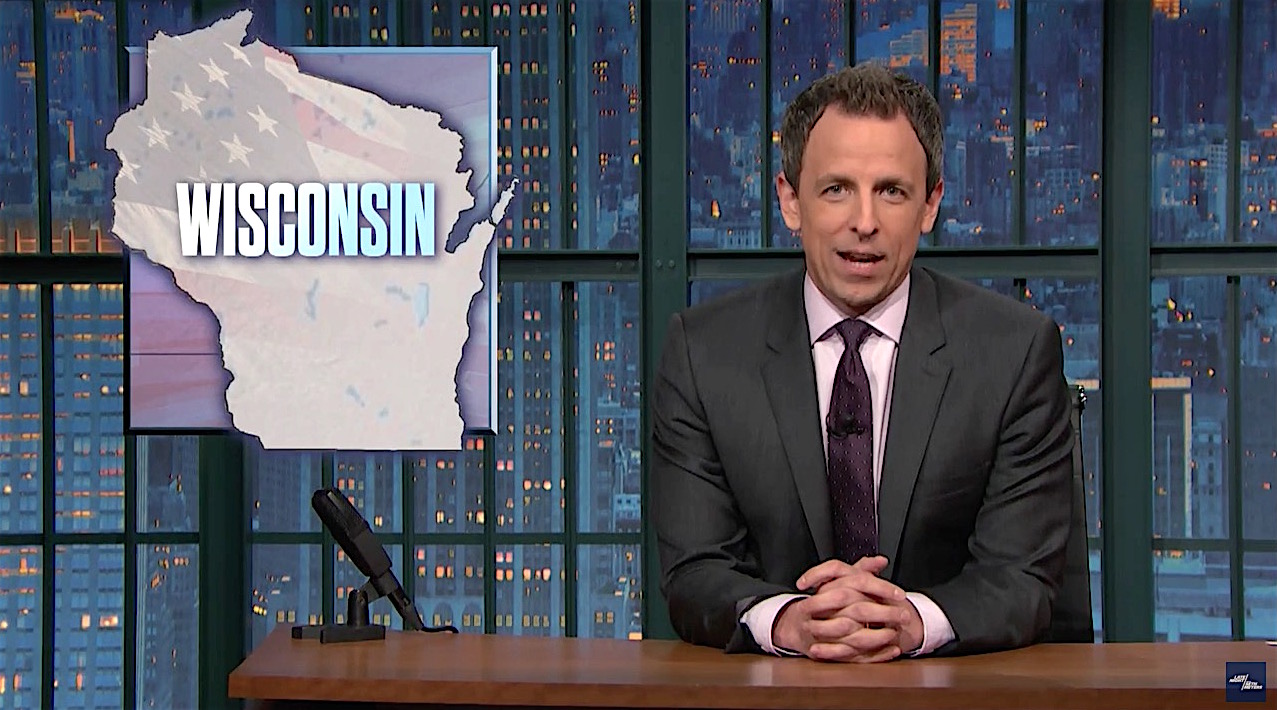

Seth Meyers started out his "closer look" at Tuesday's Wisconsin primary with a bunch of cheese jokes. "But in addition to cheese, Wisconsin is now known for something else: long lines," he said on Wednesday's Late Night. "Voters in some precincts last night waited for hours to cast their ballot because of a restrictive new voter ID law that caused major delays."
"Remember, this is just the primary — the November election could be much worse," he added, with upward of 300,000 registered voters unable to vote. When Republicans pass these strict voter ID laws, they say it's to prevent fraud, but there is no proof that such fraud occurs, so many observers reach the natural conclusion that the purpose of these laws is to help Republicans win elections. "But it's rare that Republicans slip up and actually admit that's what's going on," Meyers said, like Rep. Glenn Grothman (R-Wis.) "seemed to do" on Tuesday night. He then rolled the tape.
Meyers also looked at human-caused voting problems in Arizona and North Carolina, opining that "the voting process in this country is becoming deeply dysfunctional," and ending with a warning about another Florida 2000 debacle, complete with photos of each candidate in an "Al Gore sadness beard." With the obvious exception of Hillary Clinton, though, the candidates don't look too bad in their photoshopped beards. Watch below. Peter Weber
The Week
Escape your echo chamber. Get the facts behind the news, plus analysis from multiple perspectives.

Sign up for The Week's Free Newsletters
From our morning news briefing to a weekly Good News Newsletter, get the best of The Week delivered directly to your inbox.
From our morning news briefing to a weekly Good News Newsletter, get the best of The Week delivered directly to your inbox.
A free daily email with the biggest news stories of the day – and the best features from TheWeek.com
Peter has worked as a news and culture writer and editor at The Week since the site's launch in 2008. He covers politics, world affairs, religion and cultural currents. His journalism career began as a copy editor at a financial newswire and has included editorial positions at The New York Times Magazine, Facts on File, and Oregon State University.
-
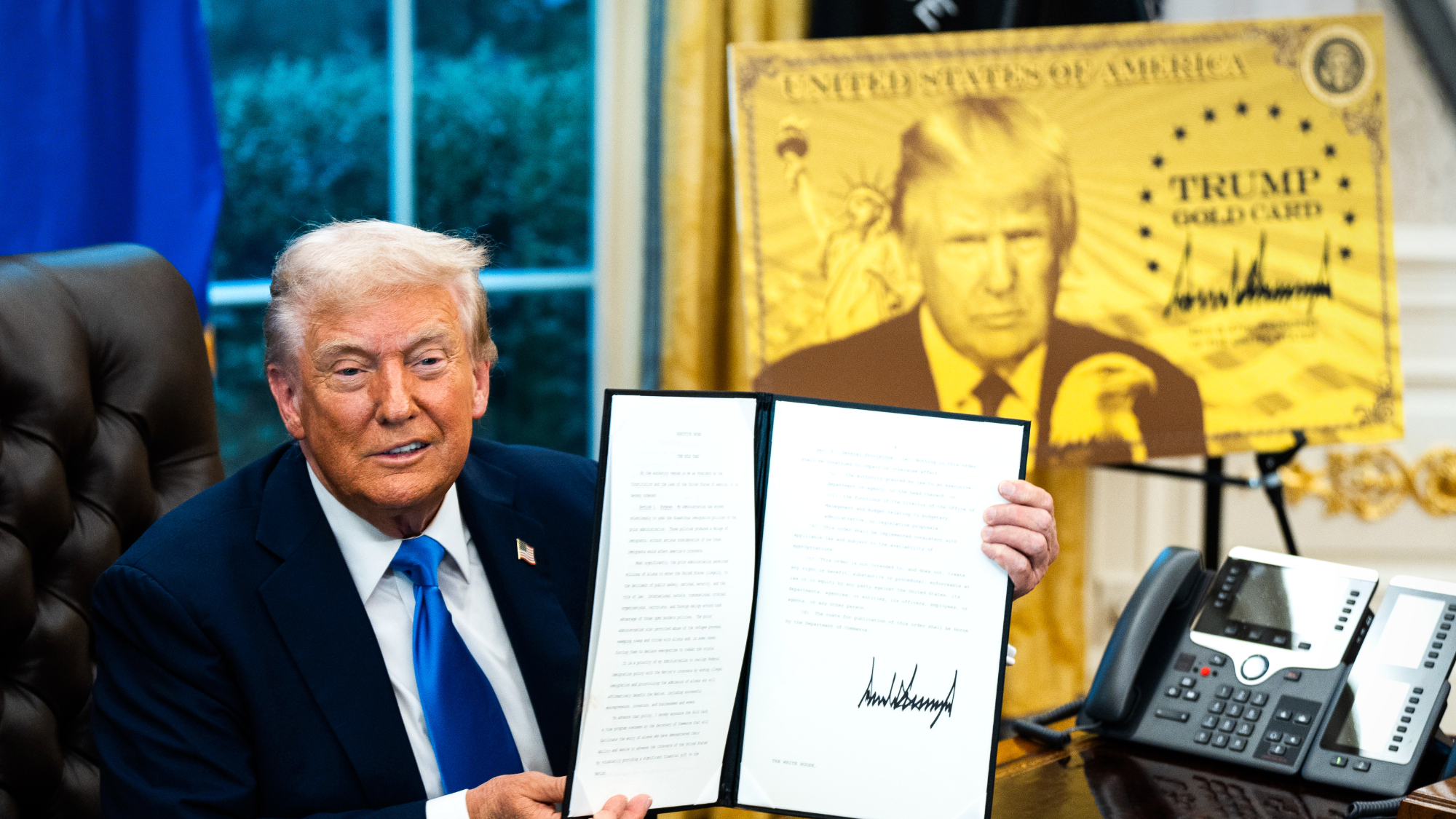 $1M ‘Trump Gold Card’ goes live amid travel rule furor
$1M ‘Trump Gold Card’ goes live amid travel rule furorSpeed Read The new gold card visa offers an expedited path to citizenship in exchange for $1 million
-
 US seizes oil tanker off Venezuela
US seizes oil tanker off VenezuelaSpeed Read The seizure was a significant escalation in the pressure campaign against Venezuelan President Nicolás Maduro
-
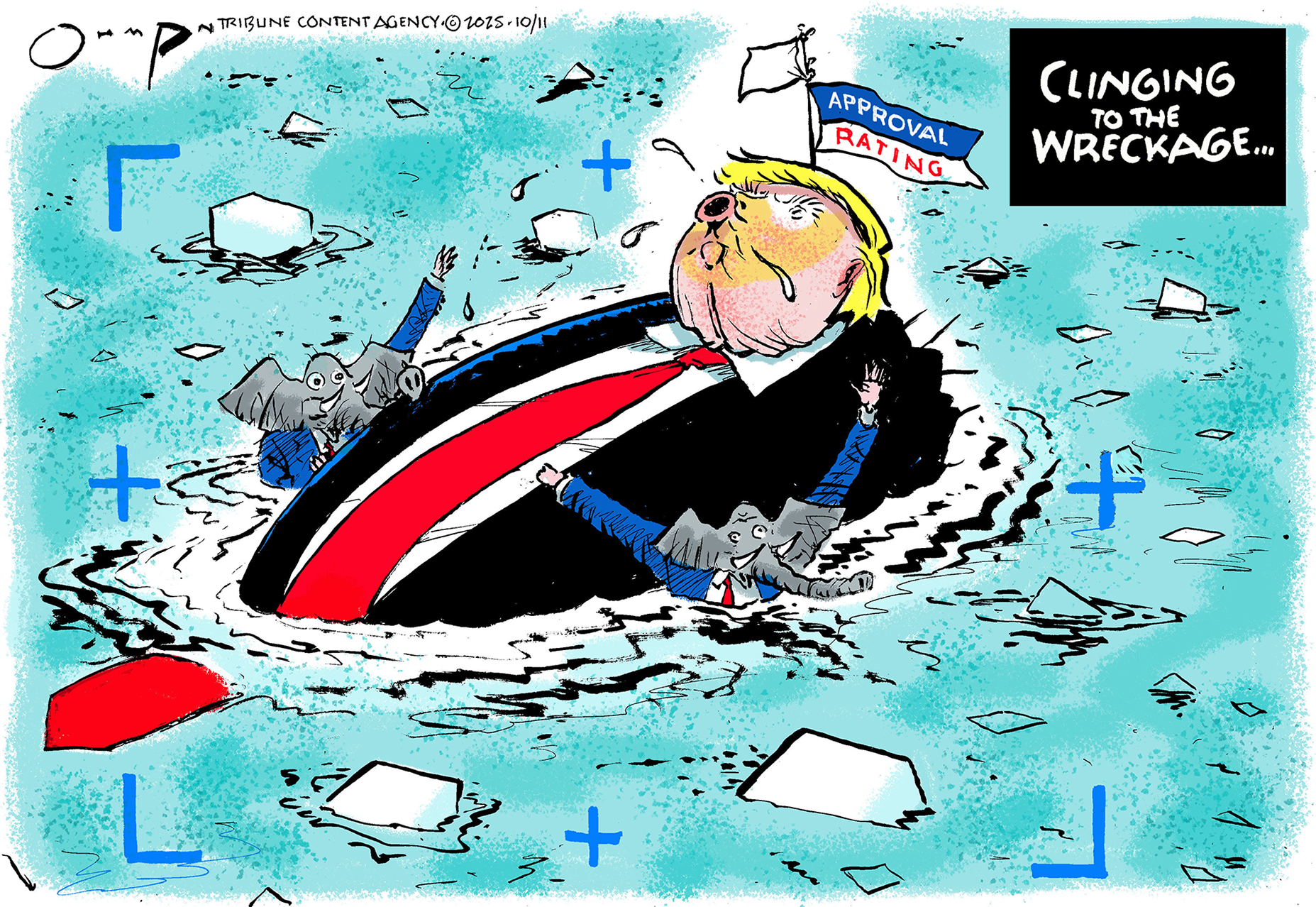 Political cartoons for December 11
Political cartoons for December 11Cartoons Thursday's political cartoons include sinking approval ratings, a nativity scene, and Mike Johnson's Christmas cards
-
 Hungary’s Krasznahorkai wins Nobel for literature
Hungary’s Krasznahorkai wins Nobel for literatureSpeed Read László Krasznahorkai is the author of acclaimed novels like ‘The Melancholy of Resistance’ and ‘Satantango’
-
 Primatologist Jane Goodall dies at 91
Primatologist Jane Goodall dies at 91Speed Read She rose to fame following her groundbreaking field research with chimpanzees
-
 Florida erases rainbow crosswalk at Pulse nightclub
Florida erases rainbow crosswalk at Pulse nightclubSpeed Read The colorful crosswalk was outside the former LGBTQ nightclub where 49 people were killed in a 2016 shooting
-
 Trump says Smithsonian too focused on slavery's ills
Trump says Smithsonian too focused on slavery's illsSpeed Read The president would prefer the museum to highlight 'success,' 'brightness' and 'the future'
-
 Trump to host Kennedy Honors for Kiss, Stallone
Trump to host Kennedy Honors for Kiss, StalloneSpeed Read Actor Sylvester Stallone and the glam-rock band Kiss were among those named as this year's inductees
-
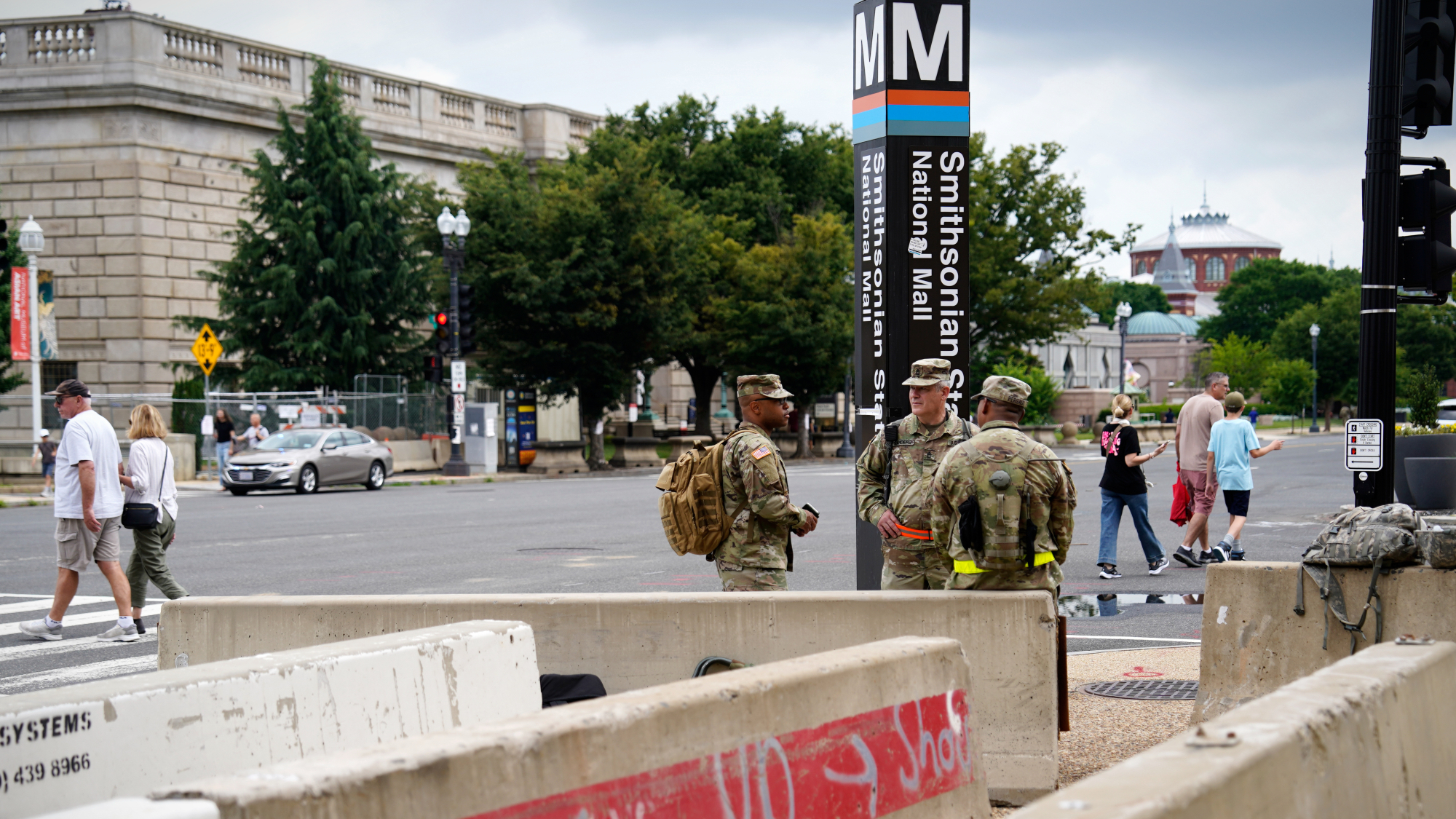 White House seeks to bend Smithsonian to Trump's view
White House seeks to bend Smithsonian to Trump's viewSpeed Read The Smithsonian Institution's 21 museums are under review to ensure their content aligns with the president's interpretation of American history
-
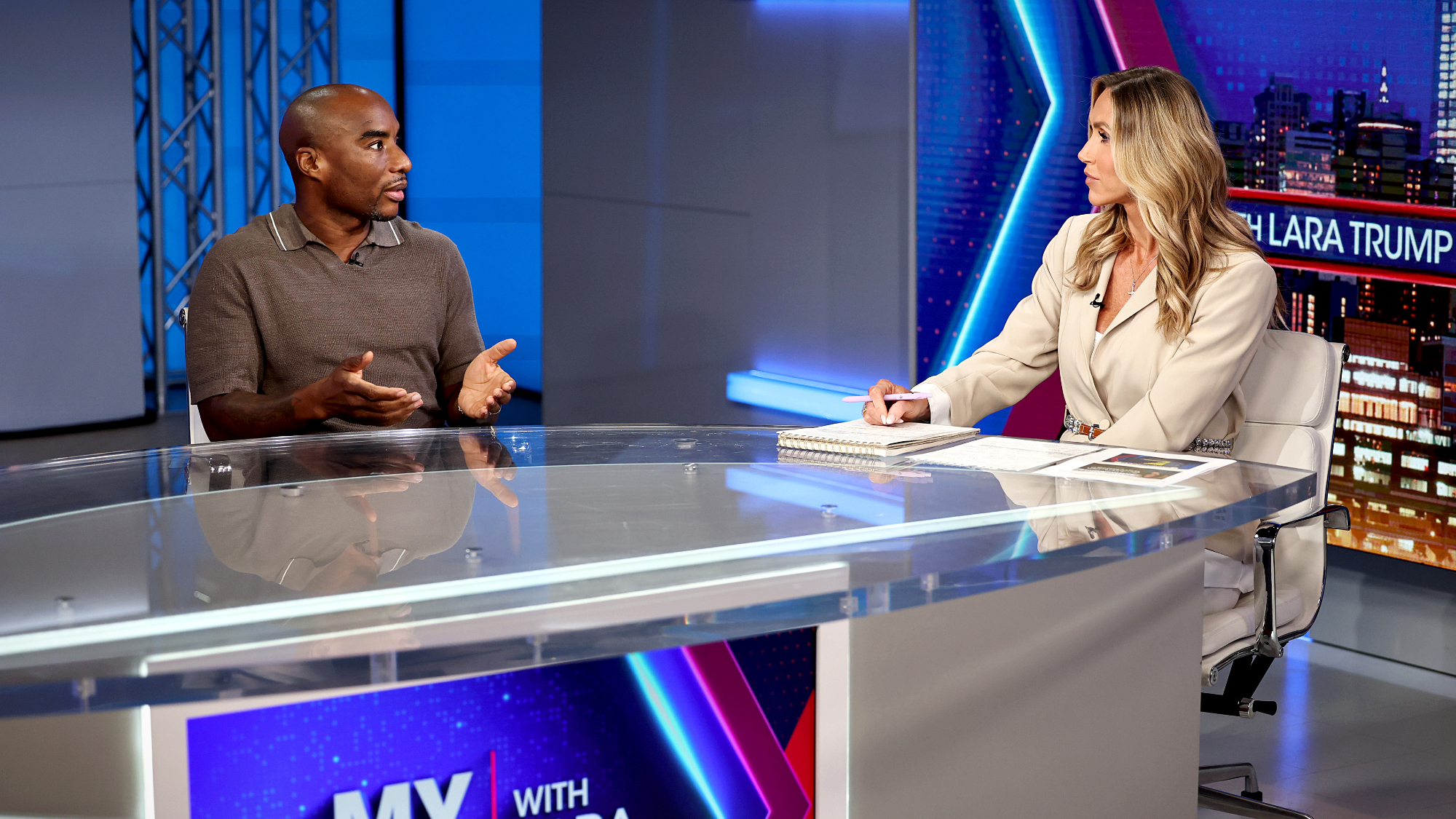 Charlamagne Tha God irks Trump with Epstein talk
Charlamagne Tha God irks Trump with Epstein talkSpeed Read The radio host said the Jeffrey Epstein scandal could help 'traditional conservatives' take back the Republican Party
-
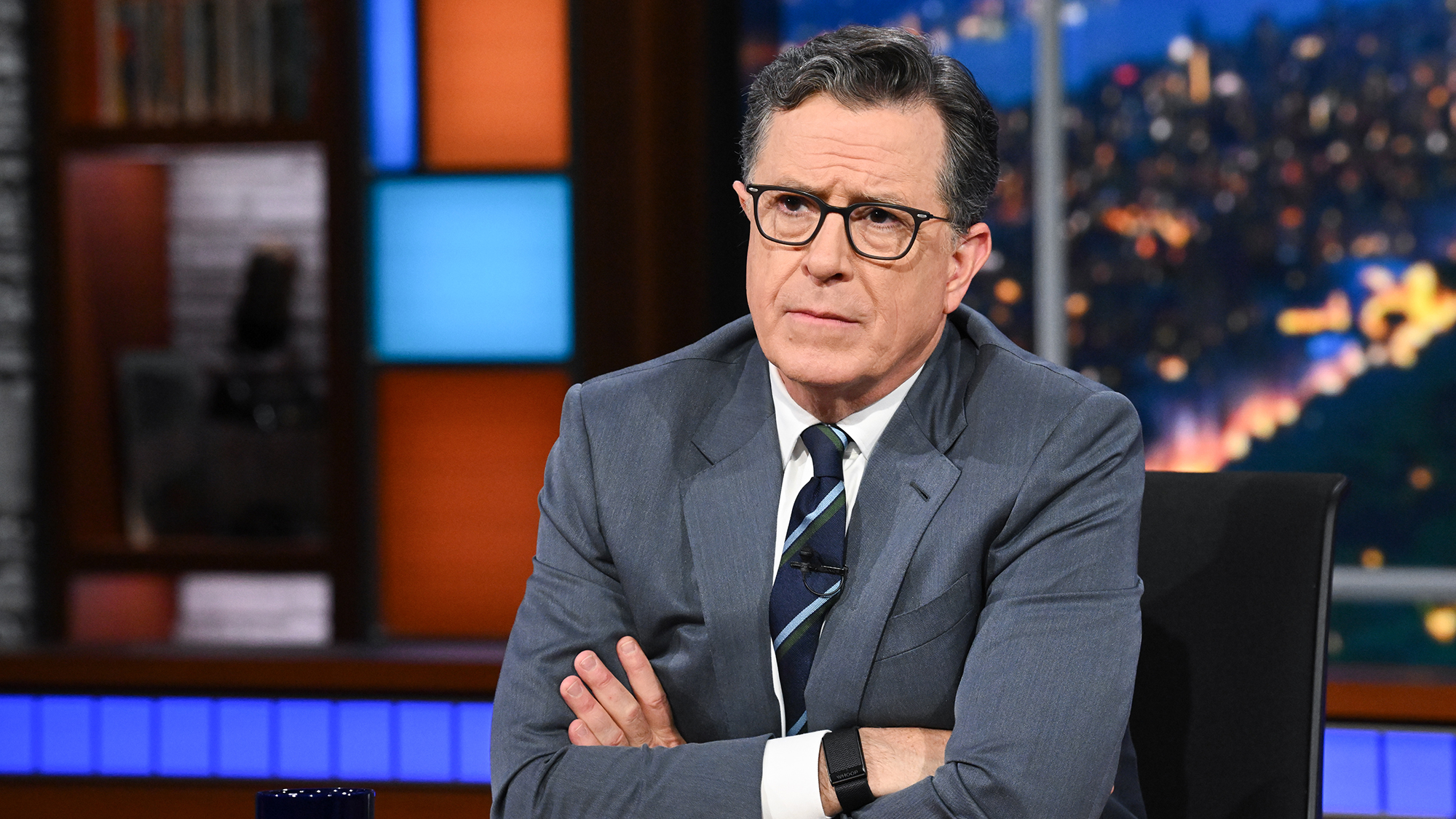 CBS cancels Colbert's 'Late Show'
CBS cancels Colbert's 'Late Show'Speed Read 'The Late Show with Stephen Colbert' is ending next year
